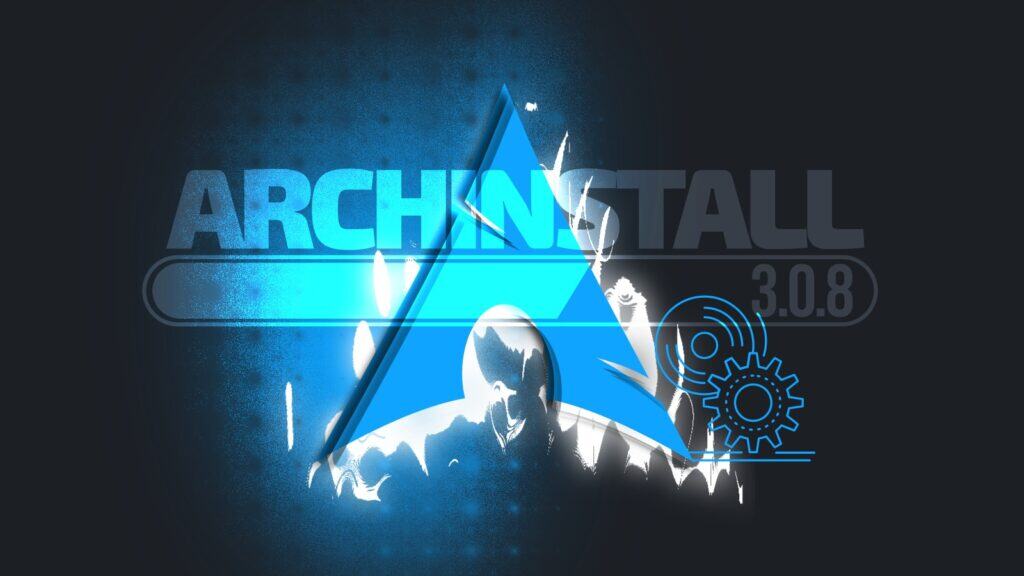Archinstall, the popular guided, user-friendly TUI installer for Arch Linux, has just rolled out version 3.0.8. It provides a streamlined, semi-automated alternative to the traditional manual Arch installation process, which can be challenging, especially for new users.
First things first, this release includes a few breaking changes, though most should only affect internal calls or niche use cases.
- The deprecated
storage['session']variable has been replaced withstorage['installation_session']. If any scripts still reference the old variable, a quicksedreplacement should do the trick. storage['LOG_PATH']andstorage['LOG_FILE']were removed as part of a logging system rework. Anyone relying on these for custom logging will need to adjust accordingly.- Some internal functions had unused arguments removed. While this shouldn’t cause issues for most users, those who manually call these functions in their scripts may need minor tweaks.
On the feature front, the main menu now displays a version indicator, making it easier to confirm which release you’re running. Plus, as usual, several bugs have been addressed, smoothing out some rough edges:
- Partition & Filesystem Fixes: Issues with root partition device mapper names and Btrfs subvolume creation (particularly with empty names) have been resolved.
- User & Password Handling: Empty usernames and passwords, which previously caused hiccups, are now properly handled.
- Crash Fixes: A crash triggered by scrolling single-line text has been patched, along with a recursive call issue in scripts.
- Installation Stability: A forced sync after installation helps prevent corruption if a system is abruptly powered off.
- Miscellaneous Tweaks: Outdated packages like
xf86-video-vmware(now dropped) have been removed, and a spelling error in the Xmonad extras package was corrected.
Beyond visible changes, the update includes numerous refinements to code quality and maintainability:
- Type Checking & Annotations: Stricter mypy checks and better type annotations improve reliability.
- Deprecated Code Cleanup: Unused functions, unnecessary
Nonechecks, and outdated workarounds were pruned. - Documentation Fixes: Example code in the README was corrected to avoid runtime errors.
For more information, see the changelog.

Thanks good news.